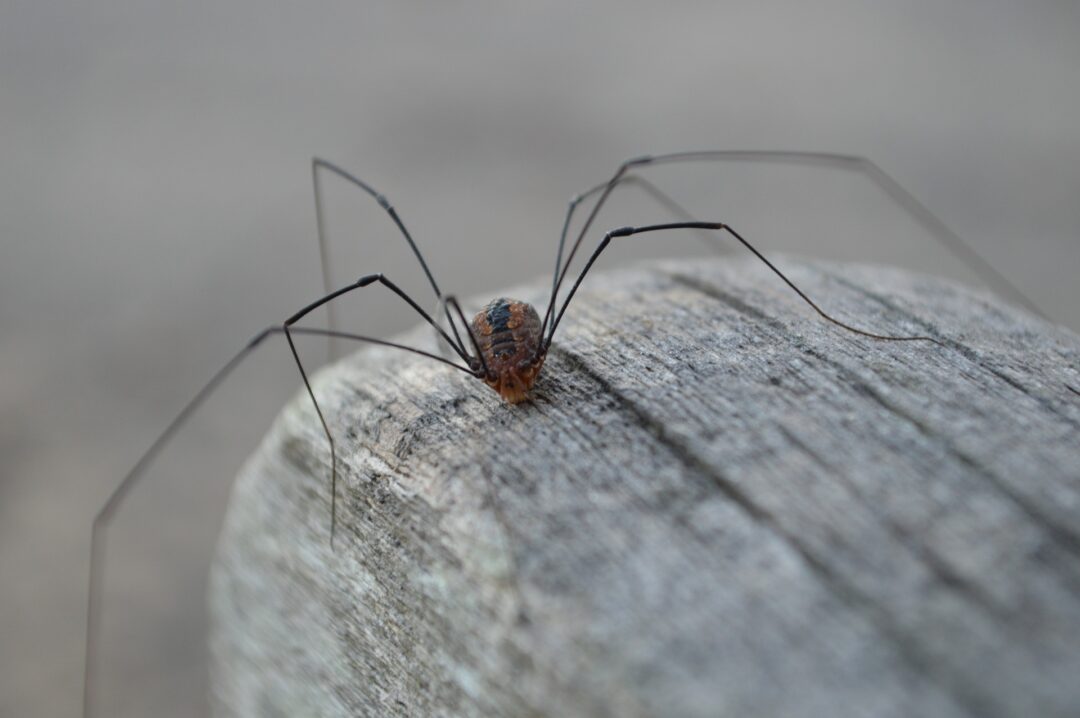Bearded dragons eat insects like cricket, dubia roaches, and mealworms. But what about daddy longlegs? Can bearded dragons eat daddy longlegs?
This article will cover everything you need about daddy longlegs for bearded dragons.
What Are Daddy Longlegs?
Daddy longlegs, also known as harvestmen, are fascinating arachnids belonging to the order Opiliones.
Even though daddy long legs may have a resemblance to spiders, they actually belong to a different category called arachnids, specifically the order Opiliones, and not the order Araneae like true spiders.
If you’re interested in learning more about these fascinating creatures, you can freely explore the dedicated Wikipedia page about daddy long legs.
Can Bearded Dragons Eat Daddy Longlegs?
No, feeding daddy long legs to bearded dragons is not recommended.
Daddy longlegs lack significant nutritional value for these reptiles and may pose potential risks due to the chemicals they produce.
Also Read: CAN BEARDED DRAGONS EAT LIZARDS?
FAQS
Can bearded dragons eat daddy longlegs as a treat occasionally?
Even as an occasional treat, it’s not recommended to feed daddy long legs to your bearded dragon.
Can I feed my bearded dragon spiders instead of daddy longlegs?
It’s best to avoid feeding any wild-caught insects or arachnids to your bearded dragon.
Is it okay to give bearded dragons other types of insects in addition to their regular diet?
Yes, diversifying your bearded dragon’s insect diet with safe options like crickets, roaches, and mealworms can provide essential nutrients and enrichment.
Are there any daddy longlegs species that are safe for bearded dragons to eat?
While some species of daddy long legs might not produce toxic chemicals, it’s challenging to determine which ones are safe for consumption.
To prevent any potential harm, it’s best to refrain from feeding them to your bearded dragon altogether.
Conclusion
To sum up, although it is technically feasible for bearded dragons to consume daddy long legs, it is not advisable due to the limited nutritional benefits and potential risks.
Instead, it’s best to offer your beloved reptile a well-rounded diet consisting of commercially bred insects, leafy greens, and fruits.
Don’t forget to enhance their meals with calcium powder and vitamins to ensure their overall well-being and happiness.
Related Articles:
Can Bearded Dragons Eat Bloodworms? A Detailed Guide
Can Bearded Dragons Eat Wax Worms?

